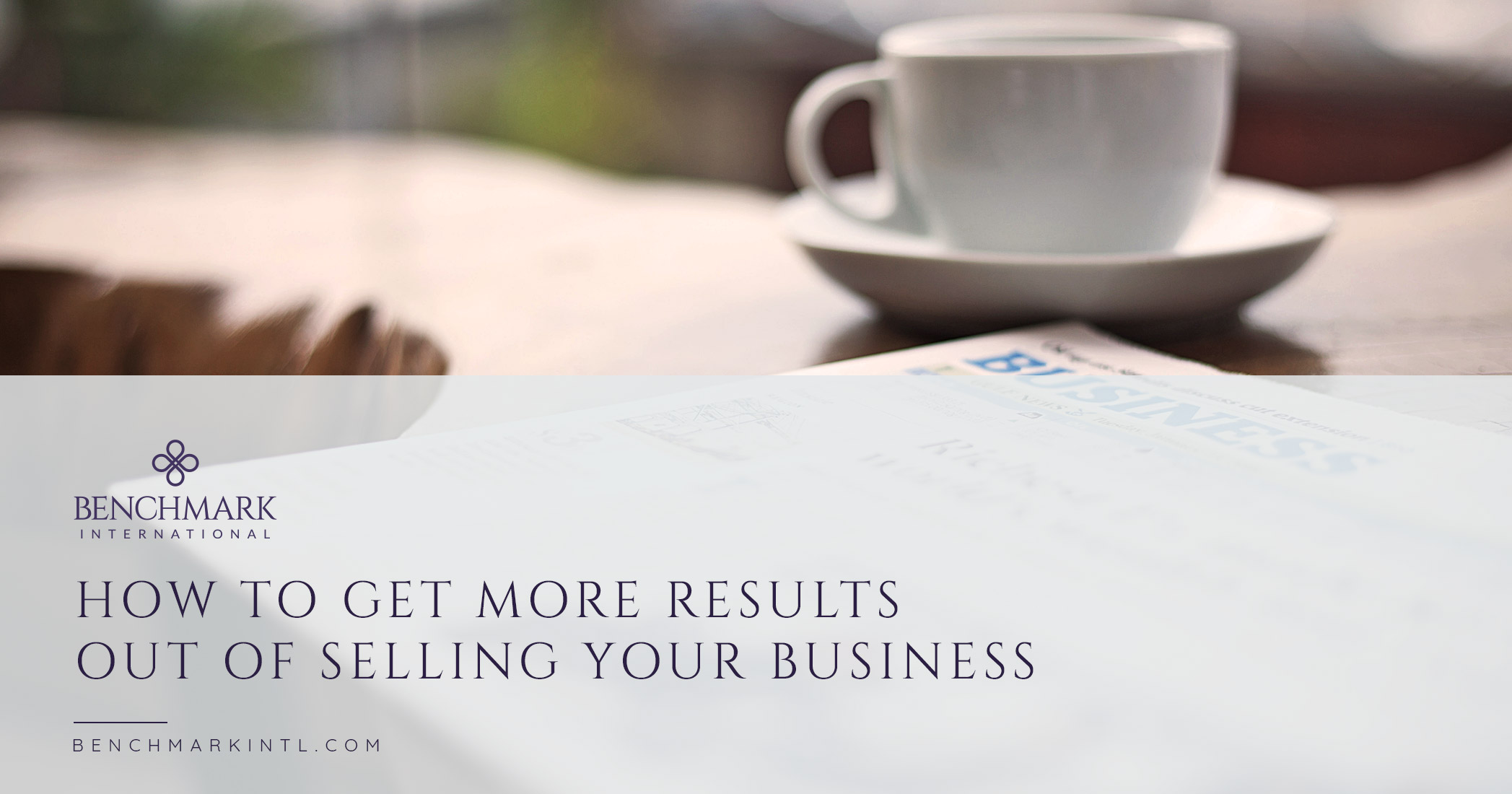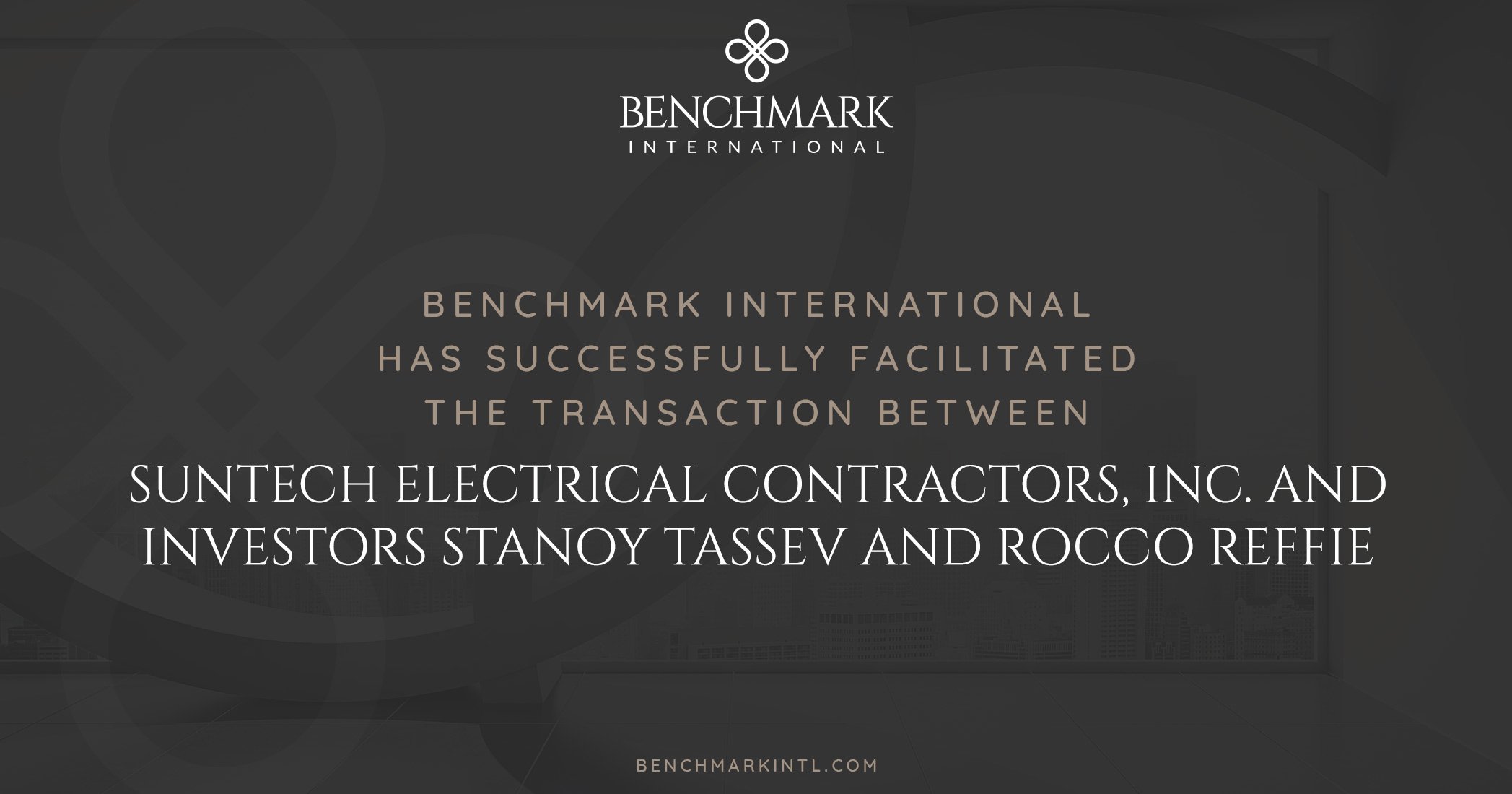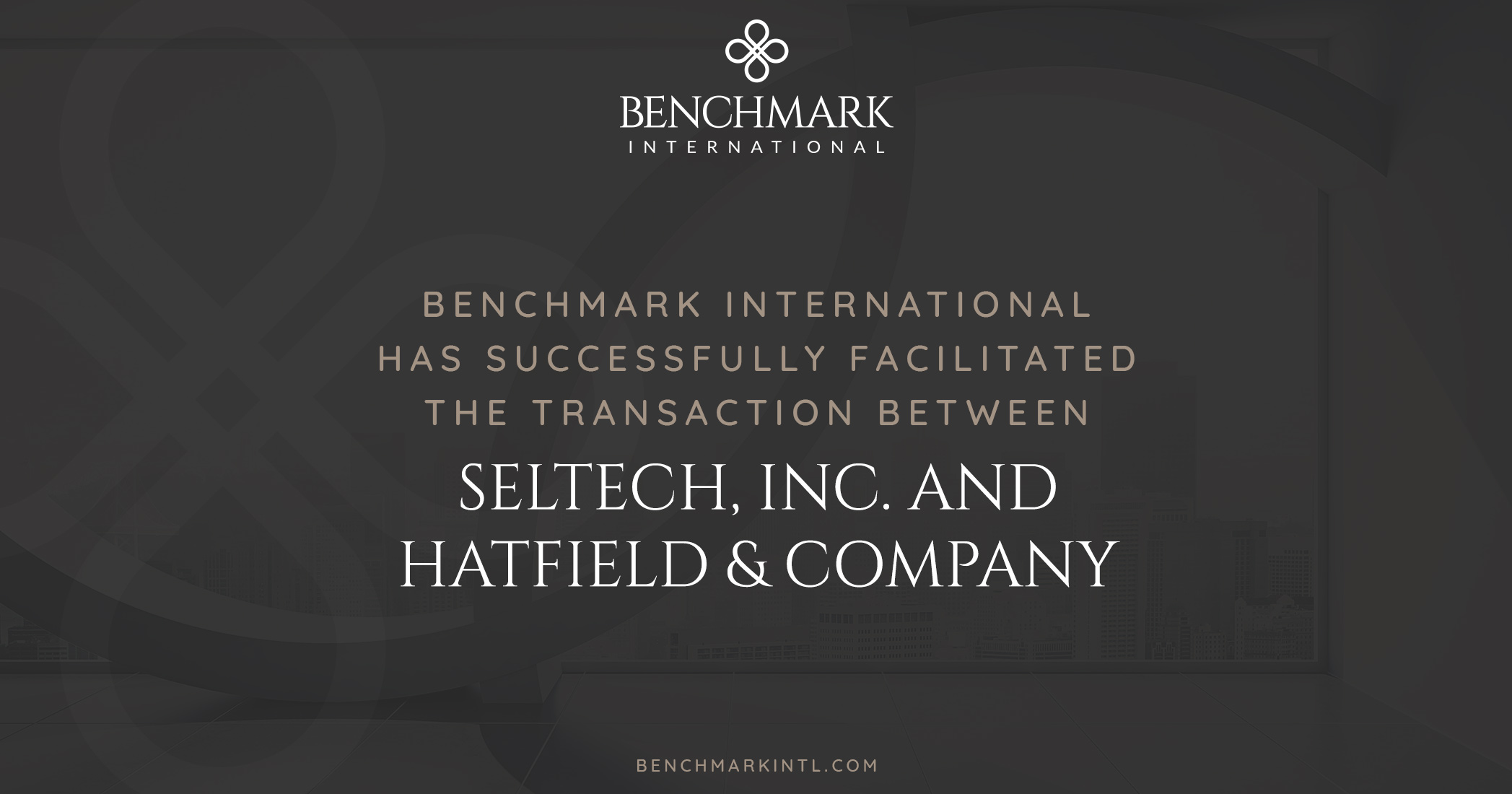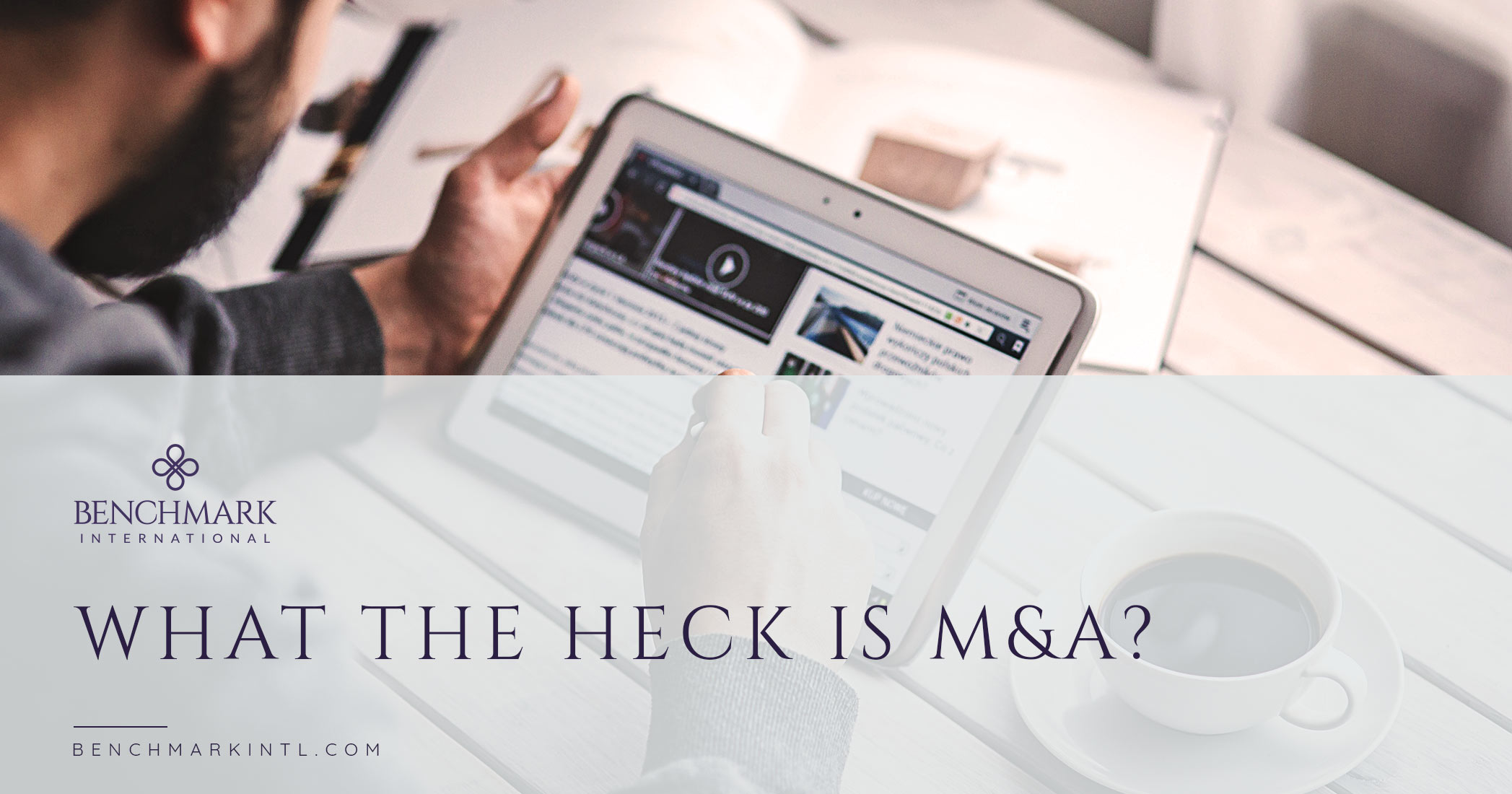The United States federal government has released the application for the $349 billion in forgivable loans that small U.S. businesses (under 500 employees) may obtain under the recent CARES Act. These federally guaranteed loans are designed to help businesses continue to pay employees during the COVID-19 pandemic. There are two types of loans available: Paycheck Protection Loans (PPP) and Economic Injury Disaster Loans (EIDL). While you can apply for both loans, you cannot use funds from each loan for the same expenses. The PPP loans give 2.5 times your monthly payroll expenses, up to $10 million. The EIDL loans provide up to $2 million for working capital needs such as payroll and fixed debt. Because there is a cap on this round of funding, you should not wait to apply if you need one of these loans.
What Sellers Need to Know
If the loans are used for qualified payroll costs, rent, utilities, and interest on mortgage and other debt obligations, they should be forgiven. They have a maturity of two years, and the interest rate is 0.5%. Terms are the same for all borrowers.
There is no reason why taking one of these loans should impact the value of your exit. We encourage you to immediately look into whether this loan makes sense for your business, with one caveat: if you are currently under letter-of-intent or nearing that stage, you should consult with your potential acquirer prior to applying for the loan.
Every business is different and a loan may not be right for your company based on other issues, but please do not needlessly delay or assume that, because you are selling, you should not apply. In fact, when it comes to selling your business, acquirers may actually look favorably upon the securing of a CARES Act loan. Here’s why.
- If the loan enables you to keep a higher employee headcount, it is an asset because when life begins to return to normal, good labor may be in short supply.
- If it helps you to avoid drawing on other debt, it can protect your balance sheet from impact and keep your interest payments down.
- It will aid in clearly establishing and defending the quarantine-related add-backs to your adjusted EBITDA when the time comes.
- It should help to paint a better picture of the quality of the management team, demonstrating that you took rapid action to preserve the health of the business and the welfare of the employees.
- It is likely to foster employee loyalty, the absence of which is always a concern for buyers.
- You will be in a better position to take advantage of business opportunities when quarantines end and help you get your growth curve back to where it should have been.
What You Will Need
The loan application is brief and your current lender should be able to assist you in completing the form. If your lender is not qualified to participate in this program, please contact our experts at Benchmark International and we will share the names of qualified lenders that regularly provide SBA loans to our clients’ acquirers.
You will need some financial and tax data. In the event you do not have access to that data, it may have already been shared with your Benchmark International deal team. Feel free to enlist us in using our virtual tools to help you gather and share (with your lender only) any relevant data we have. Even if we don’t have the data, our virtual tools could be of assistance in the timely filing of your application. For example, we can make documents available in virtual data rooms and arrange teleconferences with your partners and/or lenders if needed.
What Will the Buyer Think and How Will This Be Handled at Closing?
There are no personal guarantees required for these forgivable loans, so in a stock deal, there will be no effect. As a seller, you may request a covenant from the buyer stating that they will comply with all actions necessary to have the loan forgiven. There is presently no recourse back to the seller due to the lack of a personal guarantee.
In an asset deal, all employees are terminated, so you as a seller should still be able to get forgiveness for all compensation, rent, etc., paid up until the closing. If you had borrowed more money, you would have to repay it plus the ratable portion of the 0.5% on that overage. Either way, if a deal is fairly far along, you should discuss results with your lender when applying.
For most sellers, the requirements to get the loan forgiven will be met prior to close. You should document where the loan funds are directed so that you can make the buyer comfortable in diligence that you met the criteria in the statute, especially for stock deals, as this will be something acquirers will likely be looking at for years to come.
As long as you as the seller assume any risk in the purchase agreement for any pre-closing mistakes, the buyer should not view a CARES small business loan as a detriment. One exception may be in stock deals in which the buyer was planning on taking loans after buying the business. If you have taken the loan and saved the buyer all that payroll expense, the buyer may wish they could have saved that payroll expense post-close instead. However, this is for a window of only a couple of months when both seller and buyer would have been eligible.
Keep in mind, the alternative to a CARES loan is to draw on your line of credit and that must be repaid in full at closing.Unless falling under certain specific NAICS codes, only companies with less than 500 employees qualify for a CARES loan. The definition of “company” includes affiliates, so if a buyer together with its affiliates has more than 500 employees after making the acquisition, then there is a complication. The loans up to the closing date can be forgiven and those that were going to be used afterwards must be repaid at the 0.5% interest rate. This could be like many government set-asides where once a contract is awarded the company no longer must qualify as an 8(a) business. Even with the less attractive option, the downside is minimal.
On the plus side, if the buyer has more than 500 employees, they could not have gotten the loan so they will not be upset that the loan was “used up” by the seller. They may even get to “inherit” the benefit as discussed above.
The loan only covers up to eight weeks of payroll plus 25% of that amount, and it only looks at payroll up to $100,000 annualized for each employee. So the most a company can get for any one employee is $19,230.77.
If employee headcount is cut OR payroll is reduced before forgiveness is sought, a portion of the loan will not be forgiven. February 15th is the start date for assessing headcount and payroll and this can be restored by June 30th in order to get full forgiveness. So, in an asset deal, this could be an issue, but remember the interest rate is 0.5%. So if you take a loan this week and close sale as an asset deal within eight weeks, all you need to do in the worst possible case is pay back the principal and 0.077% interest.
Similarly, if you take the loan and then shut the business down, terminating everyone within eight weeks, all you must do is pay back the same amount as above, the principal and the 7.7 bips. This is a worst-case scenario.
On the upside, if you do not close in the eight weeks following taking the loan and don’t otherwise cut headcount or payroll over that time, at the end of those 8 weeks, you simply send a request for forgiveness to the lender along with proof that headcount and payroll were maintained for that eight weeks.
The application is brief and key information can be found using the following links:
Program Overview
https://www.sba.gov/funding-programs/loans/paycheck-protection-program-ppp
Application
https://home.treasury.gov/system/files/136/Paycheck-Protection-Program-Application-3-30-2020-v3.pdf
Additional Details for Borrowers
https://home.treasury.gov/system/files/136/PPP%20Borrower%20Information%20Fact%20Sheet.pdf
READ MORE >>
 Benchmark International
Benchmark International  Benchmark International
Benchmark International 


















